How to understand the 2024 general election? These books will help
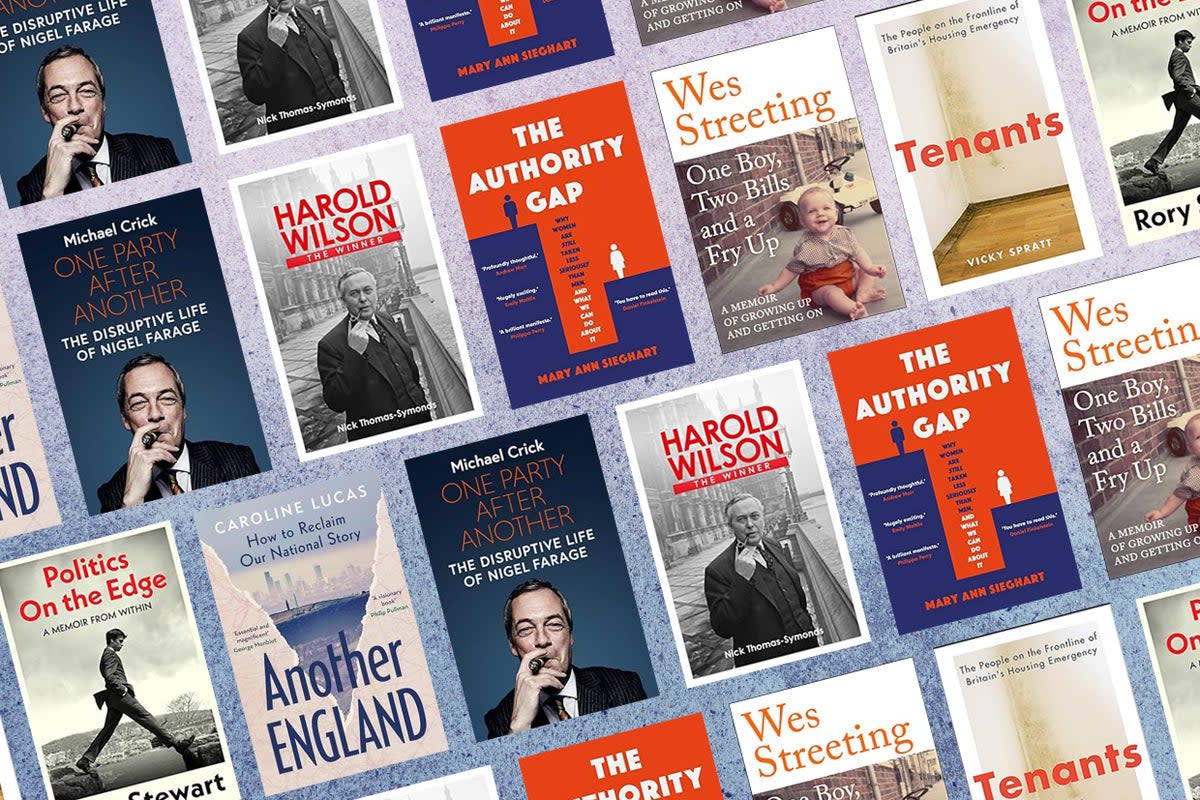
The leaders have been slugging it out on TV debates. The memes have been coming thick and fast. And now, we’ve got all of the party manifestos. Make no mistake: we’re in the middle of election fever – and there’s still three weeks to go.
Elections make me feel quite excited and nerdy – I can’t confirm or deny whether I set an alarm each day for when the latest News Agents podcast episode drops. (OK, I get a unique thrill out of hearing Emily Maitlis being cutting about Tory gaffes.) But the overall feeling that seems to be emerging when the electorate are interviewed by journalists or broadcasters is a sense of fatigue. Voters are feeling uninspired by the choices on offer, and demoralised about who can really make a difference when so much in this country – from the NHS to schooling to social care to housing to dentistry, the list goes on – seems completely broken.
The UK goes to the polls on 4 July – so if you’re still feeling undecided about where your vote will go, or just want to reflect more on the main protagonists and how we’ve ended up where we are, we’ve created the ultimate pre-election reading list to prime you for the big day.
‘Another England’ by Caroline Lucas
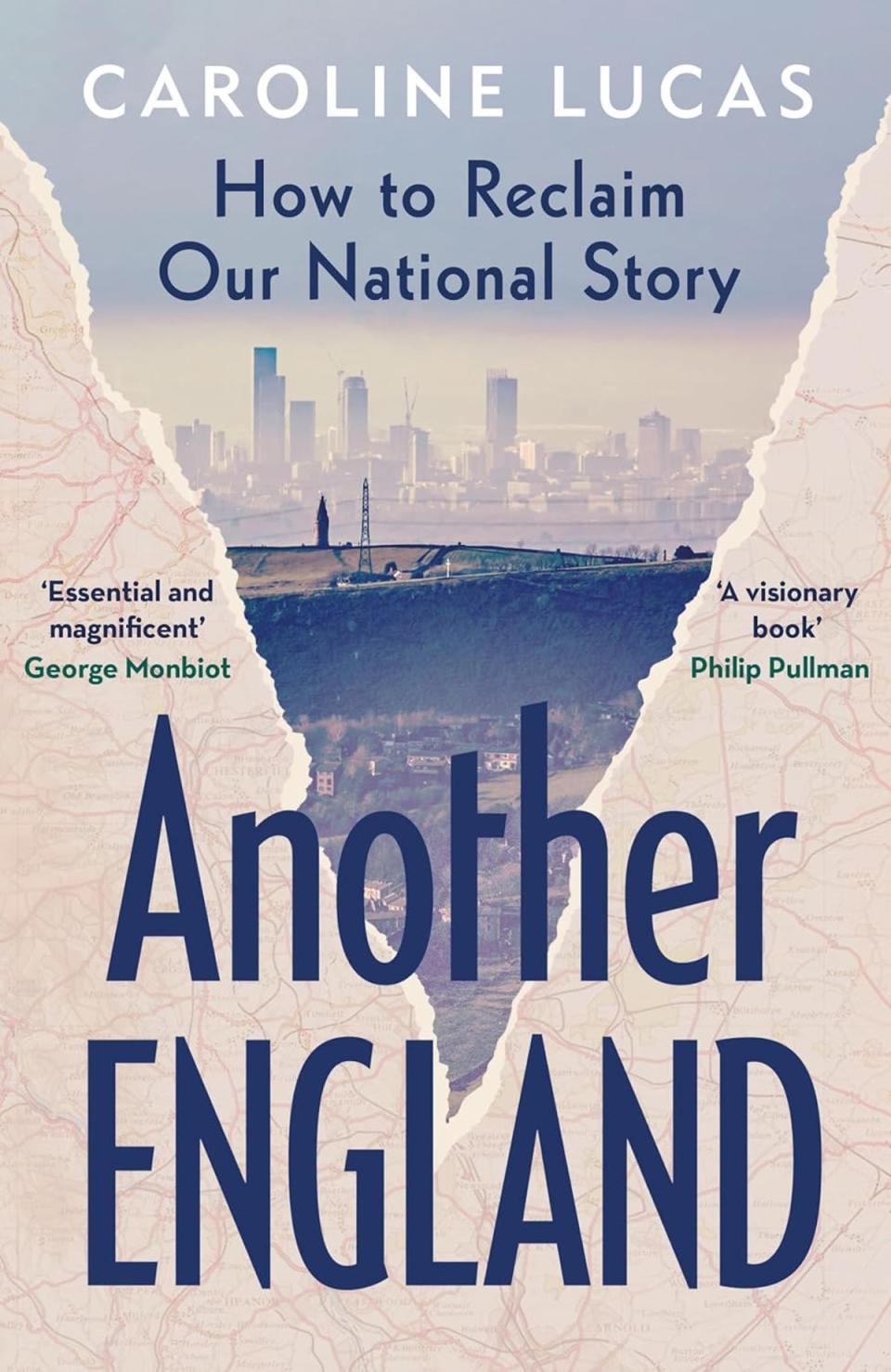
She may be stepping down at this election, but the UK’s first ever Green Party MP is certainly not leaving the conversation. Caroline Lucas’s new book proposes that our national storytelling has been hijacked by those on the right – “take back control”, for example, was a far more effective campaign than anything the Remain camp came up with – and that we should look to our literary heritage to reinvent it. Drawing on writers from Charles Dickens to the romantic poets, it’s a book full of big ideas and real imagination – and an inspiring one if you’re in the mood for change.
‘Keir Starmer: The Biography’ by Tom Baldwin
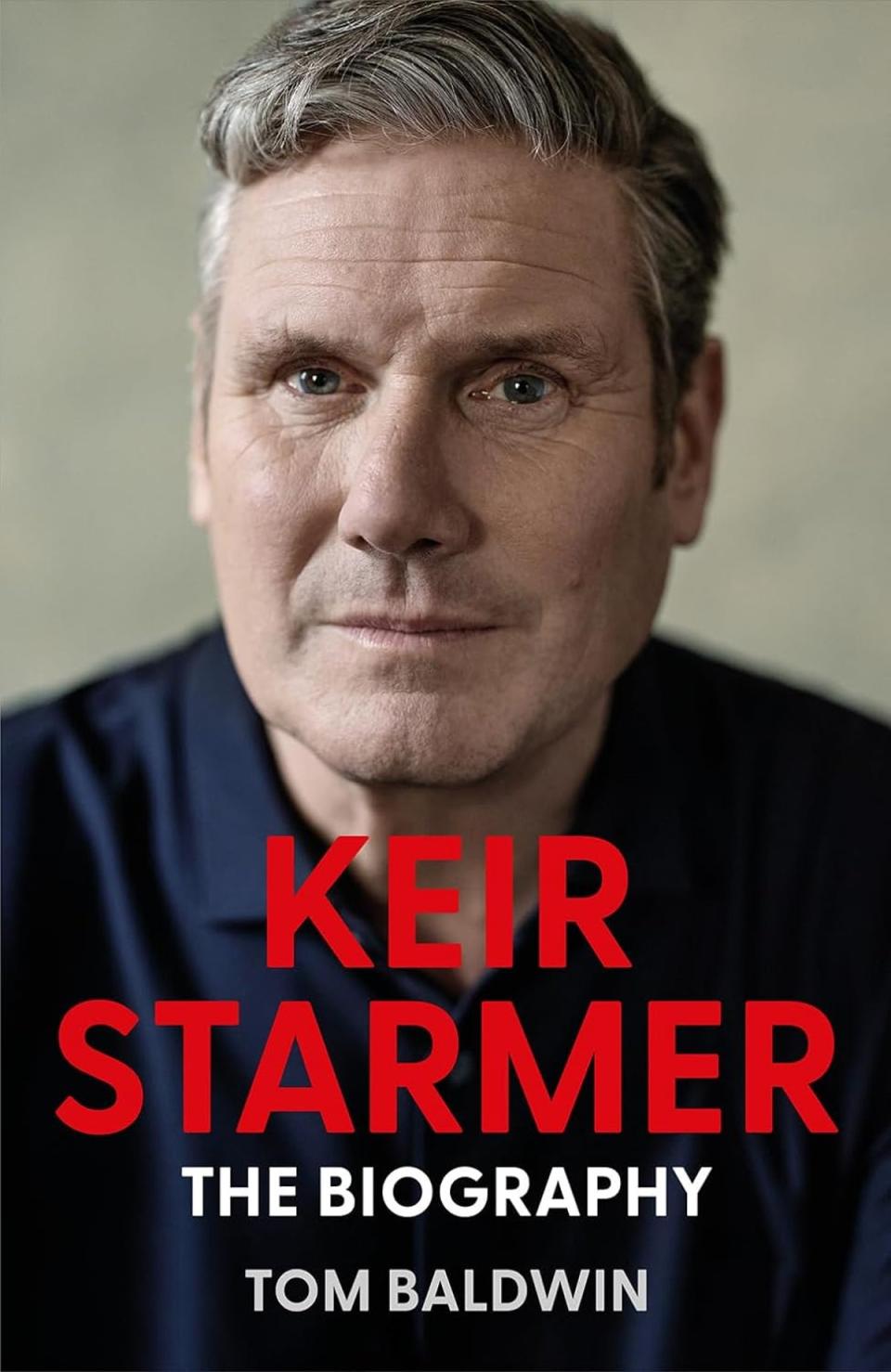
Labour leader Keir Starmer may be on course for No 10 according to all the polls, but he went into this campaign with a challenge: prove to the public he’s not as much of a dullard as they think he is. This major biography, released earlier this year, attempts to show the real man behind the tie and rolled up shirt sleeves – a tricky proposition given he’s infamously private, keeps his wife off the campaign trail and has never publicly named his two children. Tom Baldwin suggests that to understand him, voters should look to the football pitches of this Arsenal-supporting five-a-side playing leader, rather than the Houses of Parliament. And where did he launch the Labour Party’s general election campaign? On the turf at Priestfield Stadium, home to Gillingham football club.
‘Ten Years to Save the West’ by Liz Truss
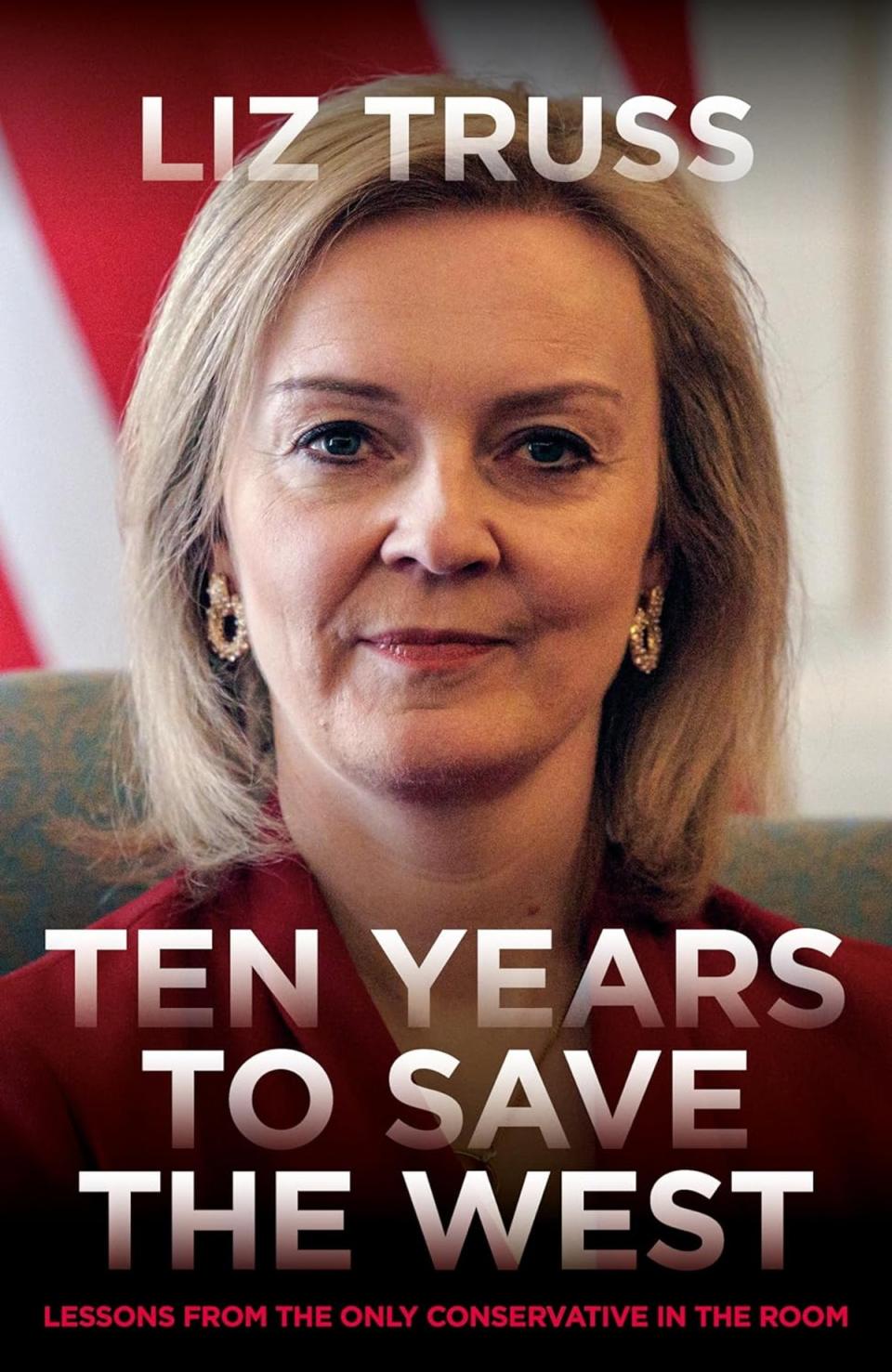
Maybe you miss the PM who was outlived by a lettuce, or maybe you just want a reminder of how bad things can really get. In his one-star review, our critic Sean O’Grady called Liz Truss’s account of her 43 days in power “ludicrous”, brandishing her a “national embarrassment, her only exceptional talent being an astonishing lack of self-awareness”. Still, you may want to revisit it just to try and make sense of that very strange period of time. Or you may just want to have a giggle.
‘The Right to Rule: Thirteen Years, Five Prime Ministers and the Implosion of the Tories’ by Ben Riley-Smith

It’s all been quite “u ok hun” for a while in the Tory camp, but cast your minds back to 2010: a fresh-faced double act of a pre-referendum David Cameron and pre-Facebook Nick Clegg were cheerfully gearing up to into government together. Seems a long time ago, doesn’t it? That was the start of the long reign the Conservatives have had over the UK, one which has featured five prime ministers and numerous explosive dramas. This book from The Daily Telegraph’s political editor recaps the whole saga.
‘Harold Wilson: The Winner’ by Nick Thomas-Symonds

The strains of “Things Can Only Get Better” may instantly evoke Tony Blair’s 1997 landslide against the backdrop of Cool Britannia – but Labour’s most successful leader in fact came earlier. Under pipe-smoking (and apparent favourite of the Queen) Harold Wilson, Labour was victorious four times. Given how divisive Blair’s legacy has become, it’s no surprise that Starmer has previously chosen to namedrop Wilson as one of his political heroes. Our chief political commentator John Rentoul has written previously about the similarities between the pair, and this book, by Labour shadow cabinet member Nick Thomas-Symonds, further sheds light on the parallels.
‘One Boy, Two Bills and a Fry Up’ by Wes Streeting
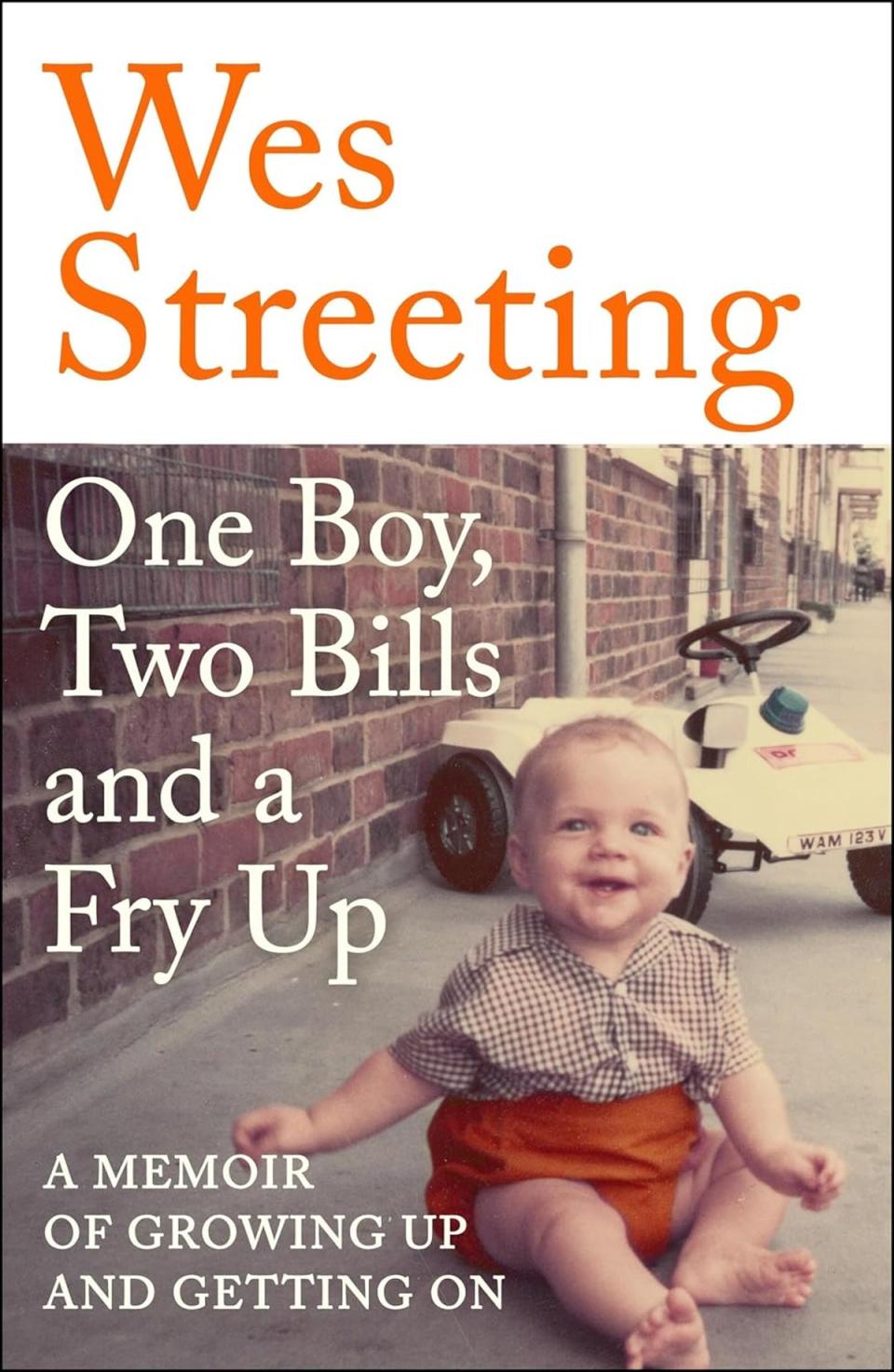
But it’s not all about Starmer. Many think that shadow health secretary Wes Streeting is a natural leadership successor, and could one day be prime minister. He’s one of the party’s most skilled media operators, so you often seen him front and centre on TV and radio, but if you want to know more about his compelling personal story, from overcoming poverty to find his way to Cambridge University – and later, parliament – his memoir offers a fascinating insight.
‘Tenants’ by Vicky Spratt
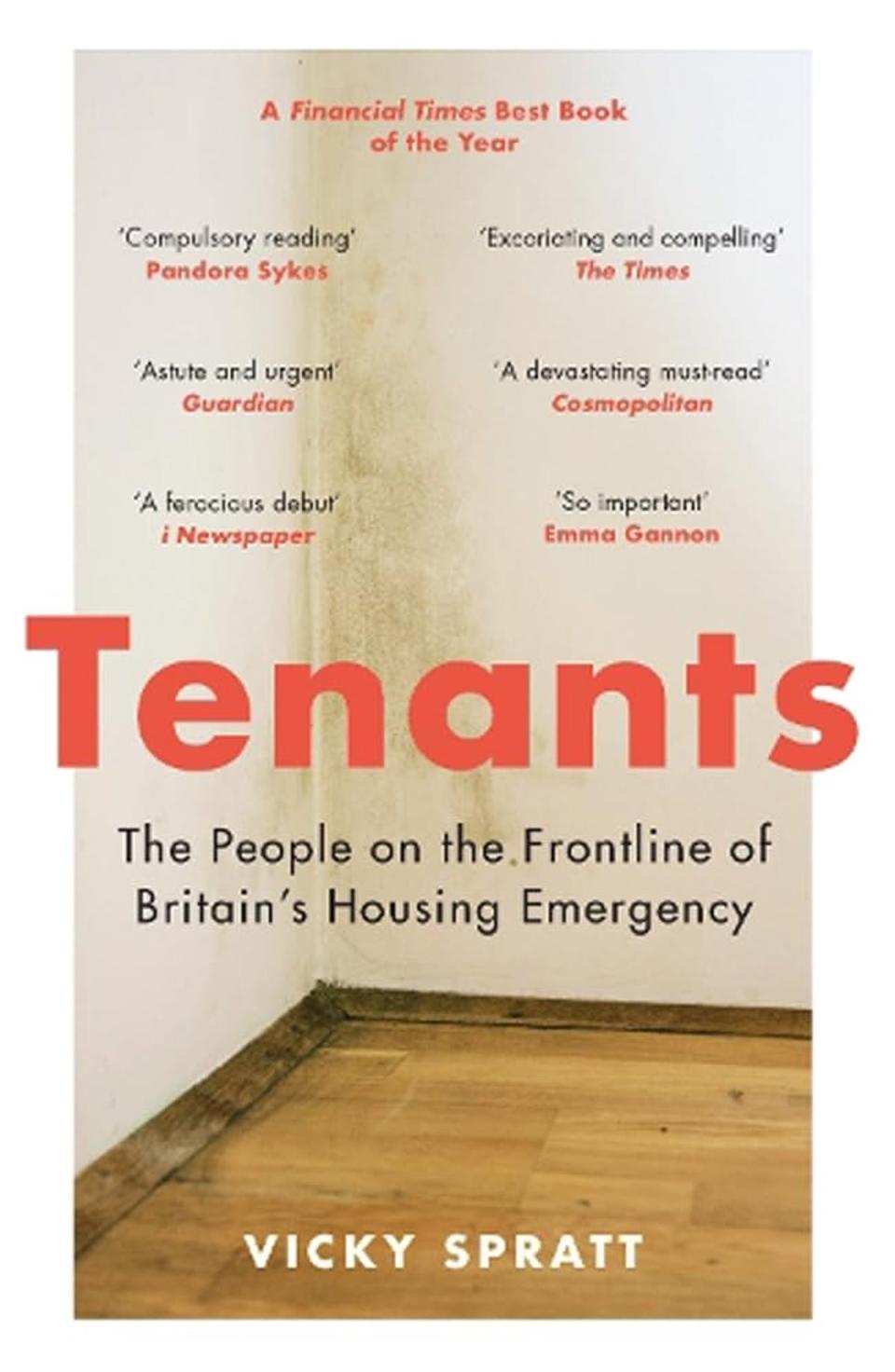
Childcare, climate change, tax: these are all shaping up to be major election talking points. But for many, the biggest issue that needs fixing is housing. An already perilous system, in which renters find it impossible to get on the housing ladder, has only become worse as interest rates have sky rocketed, forcing many landlords to pass on charges to tenants, or sell up completely. Journalist Vicky Spratt has written the essential book on the UK’s broken housing market, and what needs to be done to fix it – and it’s certainly worth revisiting as politicians variously try to confront or duck and dive the issue.
‘One Party After Another: The Disruptive Life of Nigel Farage’ by Michael Crick
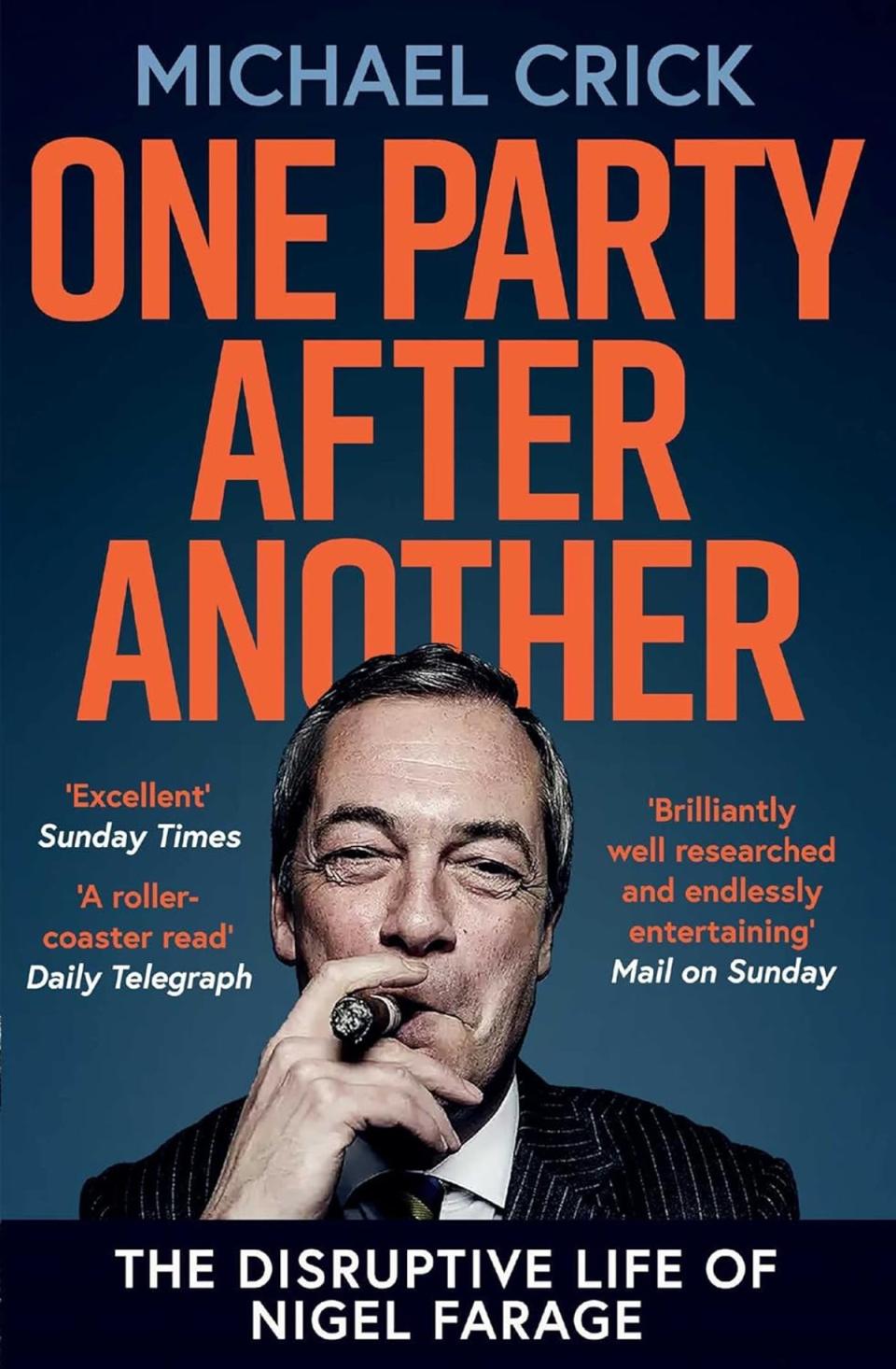
Oh, OK. He’s back. Just weeks ago, Nigel Farage, formerly of Ukip, now of Reform UK, was on Question Time, shouting in Partridge-esque tones that he couldn’t stand for parliament this time because “I’ve got a TV show”. Some think fellow panel member Piers Morgan effectively goaded him into changing his mind (“you’ve bottled it, mate,” heckled the presenter) but we’re sure he takes this all much more seriously than that. Will he find himself in the House of Commons on his eighth attempt, elected by the people of Clacton, where 70 per cent of people voted Brexit? The economic challenges in the Essex seaside town are very real – it has the highest proportion of “economically inactive” people in the UK. His candidacy was seen as throwing a hand grenade into the election race, another thing for beleaguered PM Rishi Sunak to fret about – but if you want to understand more about one of the most controversial and influential characters of contemporary British politics, Michael Crick has the definitive biography.
‘Politics on the Edge’ by Rory Stewart
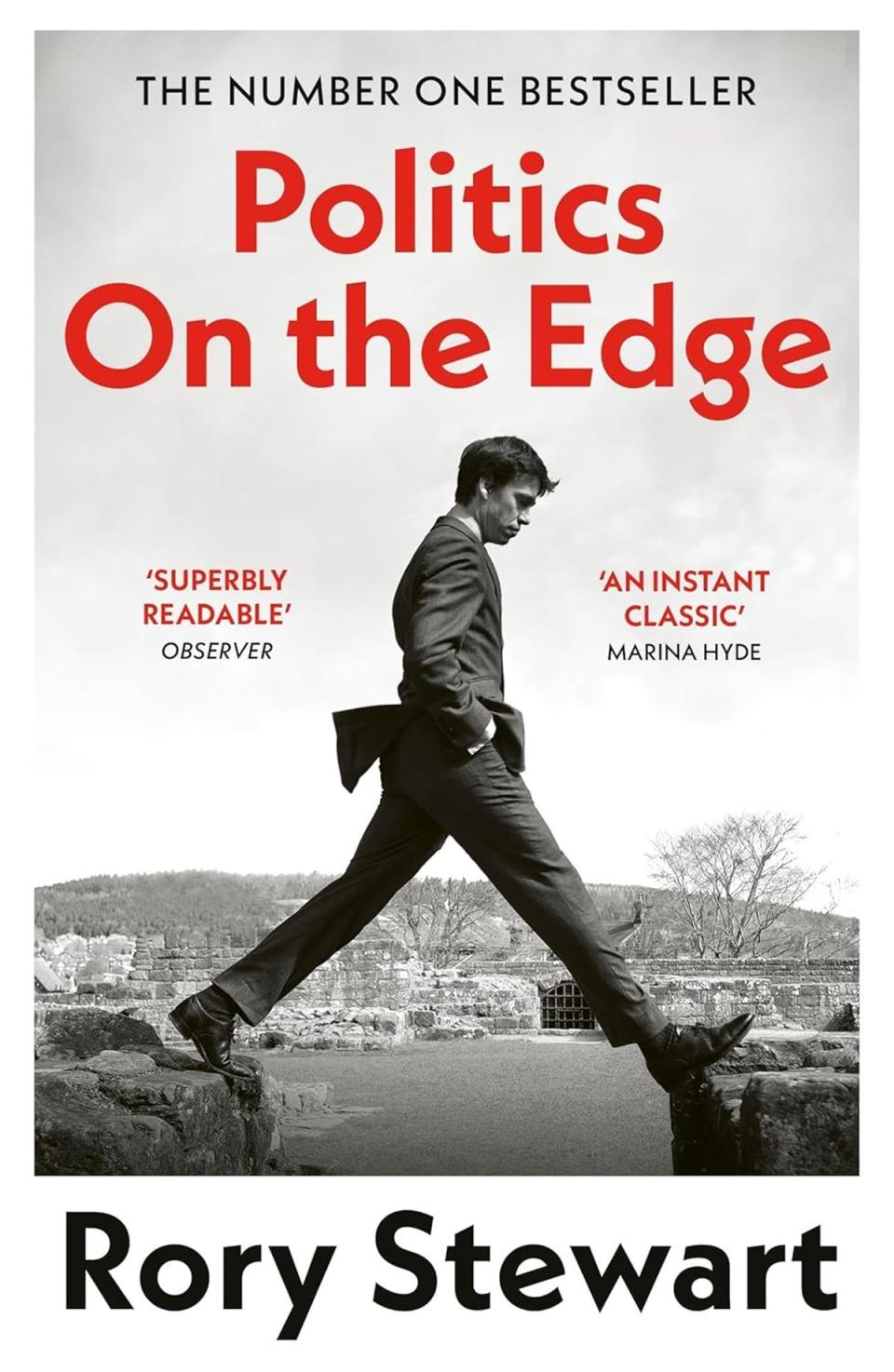
One thing emerging loud and clear from the election is that people are deeply jaded by politicians, who they see as robotic figures who trot out scripted answers to questions they’d rather avoid. The whole thing got a bit much for former Conservative MP (and almost-Conservative leader) Rory Stewart, who recently told Hay Festival audiences that he found being a Conservative minister “very unpleasant” and that being an MP made him feel like “a fraud”. He quit politics in 2019 and is now part of one of podcasting’s most successful duos on The Rest is Politics alongside Alastair Campbell, but he’s also written a memoir where he shares more honest thoughts on the human reality of working in politics and why he came disillusioned by his own party.
‘The Authority Gap’ by Mary Ann Sieghart
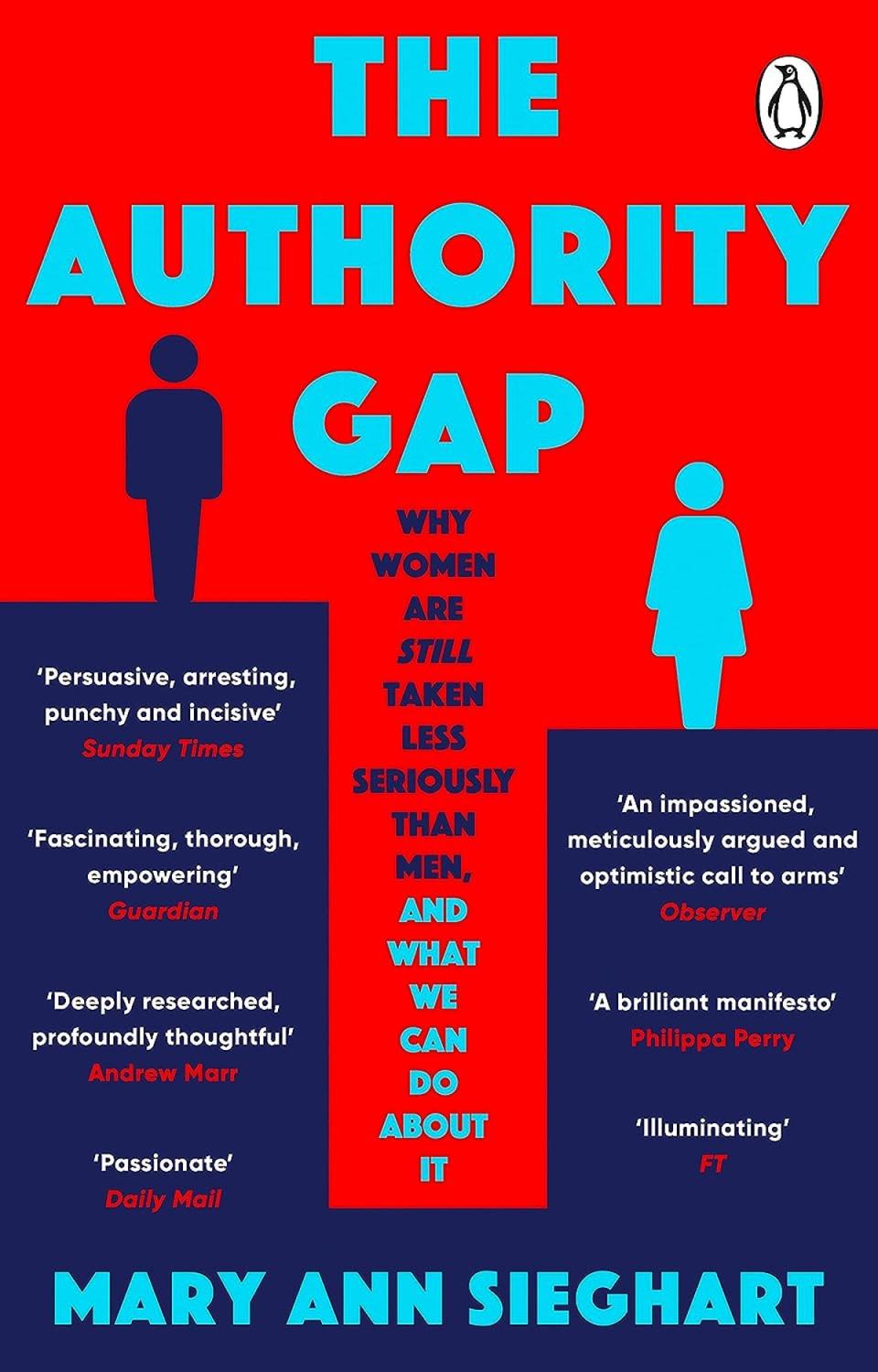
It’s quite a blokey list, this – but that’s, unfortunately, still politics in general. With no female leaders across any of the main parties (other than Carla Denyer, co-leader of the Green Party), and the Labour Party still yet to ever appoint a female leader, it perhaps isn’t surprising that the number of female parliamentary candidates has fallen to 30 per cent – a drop of four per cent since the last election. And with the head of parliament’s complaints watchdog admitting last year that she “does not know” if Westminster is a safe work environment for women, it’s hard to see how that can be improved. It matters, though, because our ideas of who has authority still remain very behind where they should be. Mary Ann Sieghart’s brilliant book, by turns depressing and inspiring, is a clear-sighted, evidence-based riposte to the unconscious bias that runs rife through our systems, and why that so badly needs to change.

 Yahoo News
Yahoo News 
